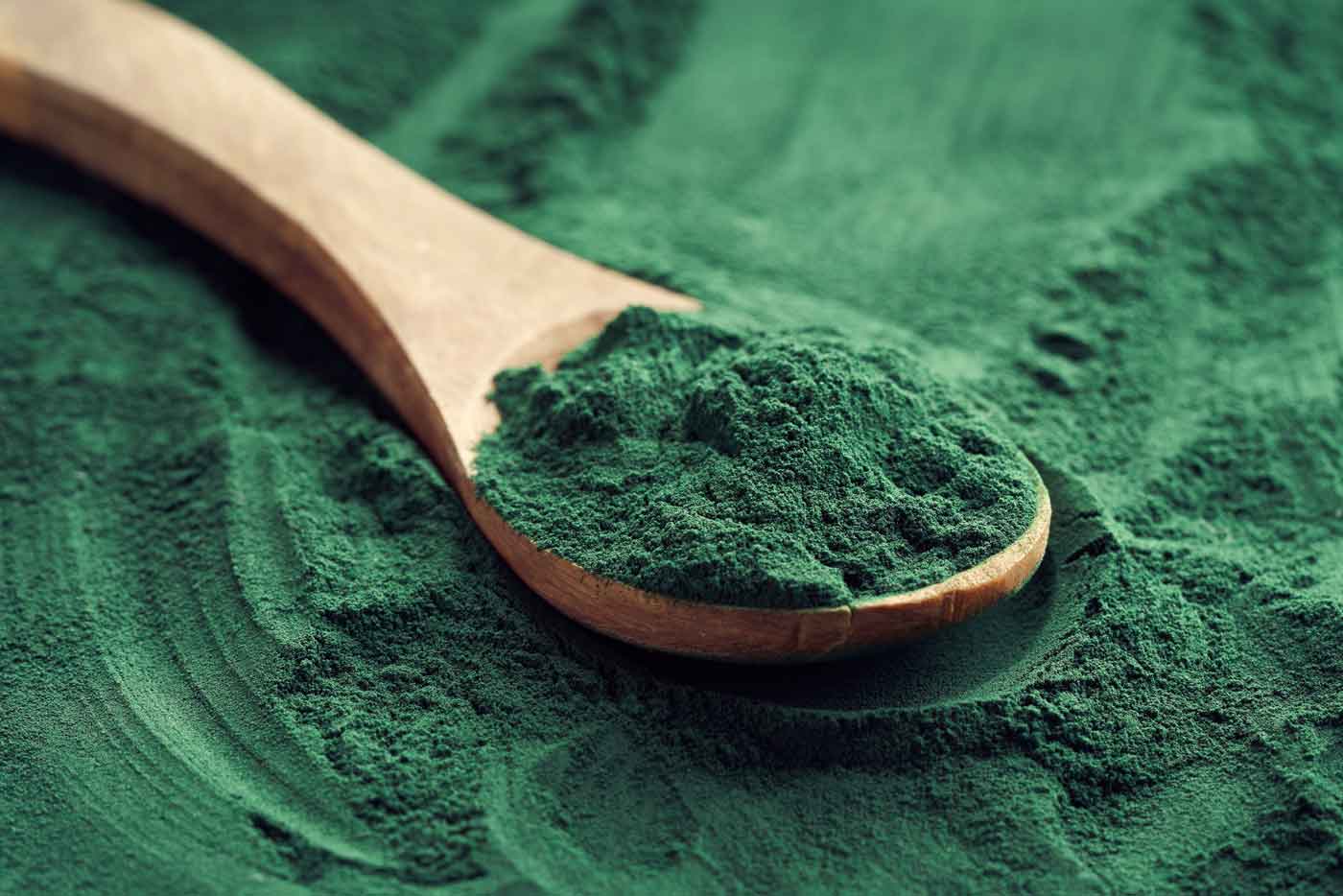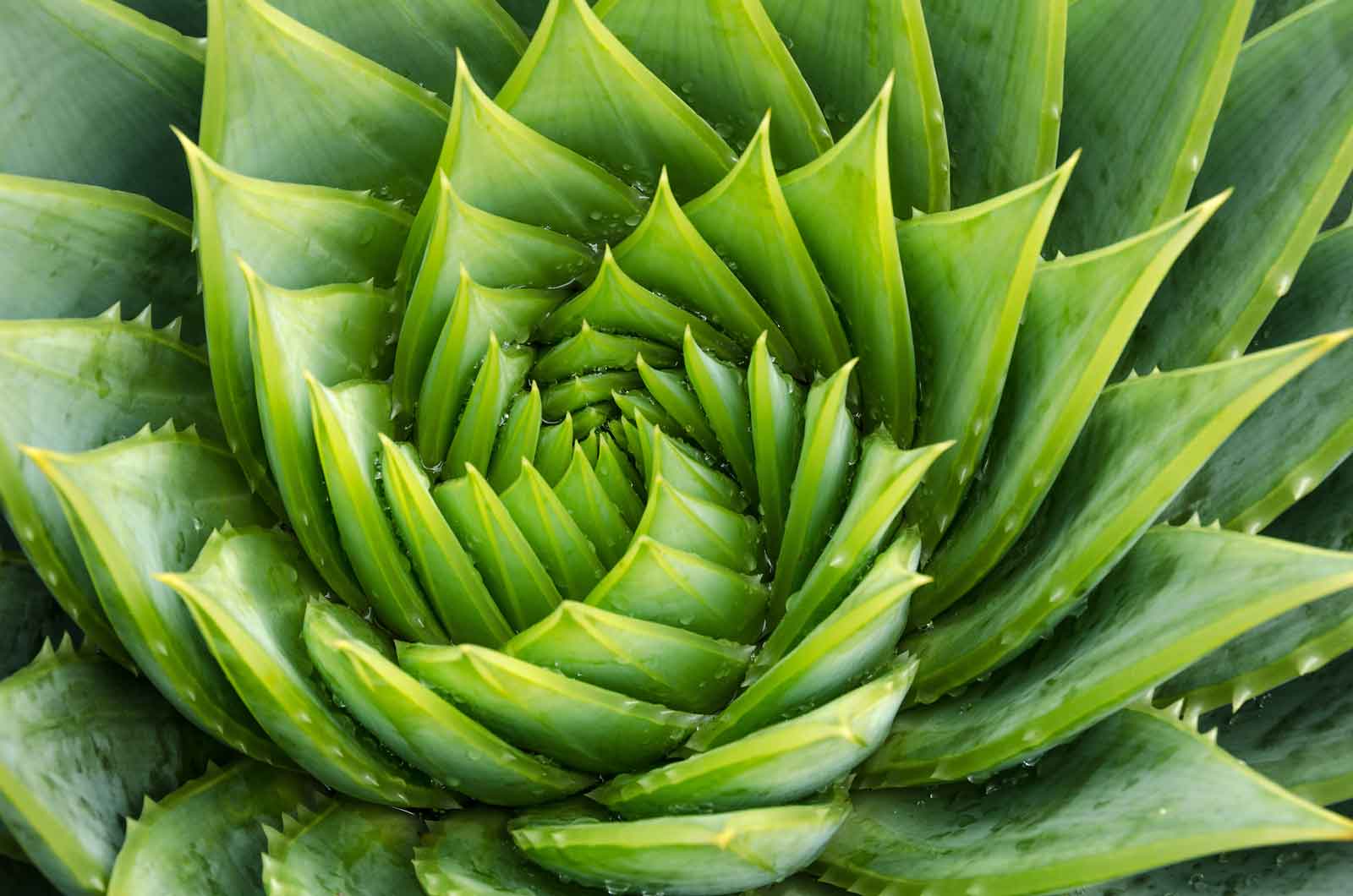
Spirulina | Superfood to Superstar
WRITTEN BY MILICA STOJSAVLJEVICK AND DR. SWATHI
What is spirulina?
Spirulina is a blue-green algae or cyanobacteria. Most recently, it has gained popularity with its use in smoothies and juices (to avoid its bitter taste) and has been considered a noteworthy ingredient in a lot of skincare products. It is found growing in freshwater lakes, rivers, and ponds in areas with moderate temperature and lots of sunlight (1). Places like Mexico, Africa, and Hawaii are all great places to find this superfood.
What makes spirulina so great?
Spirulina contains so much protein—even more than meat, fish, poultry, and soybeans (1)! Although true and very beneficial, it likely cannot replace other dietary proteins completely because one would have to consume large quantities of spirulina to equate the amount found in a serving of other protein sources (2). It is made up of the eight essential amino acids coupled with at least ten other non-essential amino acids (1). It also contains B complex vitamins, beta-carotene (more than in any other food source), vitamin A and vitamin E, manganese, zinc, copper, iron, selenium, potassium, and gamma linolenic acid (1).
What is phycocyanin?
Phycocyanin is a bioactive molecule found in spirulina. Part of the anthocyanin family, it is the main reason for the bright hue associated with this blue-green algae (3). Not only does it provide the color, it also provides a number of the nutrients spirulina is known for. The greater the content of phycocyanins found in spirulina, the greater the benefit (4).
What are the potential benefits of spirulina?
Anti-cancer
hronic inflammation is a known contributing factor of cancer, which is why there is such a big opportunity in using an anti-inflammatory food to try treating such an awful disease. Phycocyanin has been studied for its anti-inflammatory effects as well as its ability to block tumor overgrowth (3). That plus its protein content prove to be a winning combination for cancer patients.
Allergies
Again, due to its anti-inflammatory properties, studies show that people with allergies often caused by pollen, dust, and animals experienced less congestion, sneezing and itching benefit from spirulina intake (3). In particular, ingestion of this superfood causes a decrease in histamine release, which is the top contributor for allergies in this population (2).
Heart Health
Phycocyanin is known to decrease cholesterol levels in the body by decreasing the absorption (3,4) of bad cholesterol known as LDL, or low-density lipoproteins. By lowering cholesterol levels, the functionality of the heart improves and the chance of a stroke or heart attack is greatly reduced. Spirulina also increases the production of nitric oxide in the body, a compound that helps to lower blood pressure (3).
Eye Health
Spirulina contains zeaxanthin, a carotenoid with yellow-colored pigment that is found in the macula of the retina in the eye. Incorporating spirulina into your diet can play a role in reducing the risk of developing cataracts and other age-related vision loss (2,3). Other foods with high levels of this compound are found in dark green vegetables, orange and yellow fruits, and in the yolk of eggs.
Immune System Support
Due to the high content of vitamins found in spirulina, it is beneficial in boosting the immune system. It has also been shown to increase the production of white blood cells and antibodies (3), which is necessary for a healthy immune system.
Gut Health
Last but certainly not least, spirulina is well-known for its incredible impact on the gut microbiome. Because the gut microbiome influences so many other organ systems, by improving the baseline of our microbiome and increasing the good bacteria, there are many benefits throughout the body, such as clearing and hydrating the skin (5). In addition, spirulina can have a positive effect on satiety, insulin sensitivity, and weight loss (4).
Why is spirulina good for your skin?
Based on spirulina’s make-up (wordplay intended) full of antioxidants, it can fight free radicals which, if not dealt with, can promote cellular damage that leads to wrinkles and aging (5). It also has demonstrated antimicrobial properties, so, when applied topically, it could help with decrease blemishes and irritations from acne. More research is needed, but there is promise with its use in other skin conditions as well as such as eczema and psoriasis (5).
How can you use spirulina in skincare?
For a quick and simple recipe (adopted from Healthline) to create a homemade, nutritious cleanser your skin with love, combine ½ tsp spirulina extract or 1 tbsp spirulina powder and mix it with 1 tbsp of carrier oil (eg. argan oil, jojoba oil, squalene oil) in a bowl. Apply it to the clean, dry skin in a circular motion. Wash off with wet cloth and pat dry. Follow it with our Belle Visage face serum, rich botanicals like rose oil and sea buckthorn oil.
What are some risks with spirulina?Depending on where spirulina is harvested, it can have a high concentration of toxins and heavy metals which can do more harm than good. People with autoimmune diseases should be careful when taking spirulina because of its stimulating effect on the immune system (3, 5). Please do not hesitate to reach out to Dr. Swathi, our Chief Scientific Officer and resident spirulina aficionado, or your healthcare provider with any questions or concerns about adding this marvelous algae to your diet.
References:
- Where does spirulina come from? Nutrex Hawaii. https://www.nutrex-hawaii.com/blogs/learn/where-does-spirulina-come-from. Accessed May 7, 2021.
- Spirulina. Mount Sinai. https://www.mountsinai.org/health-library/supplement/spirulina. Accessed May 7, 2021.
- Brennan D. Spirulina: Are there health benefits? WebMD. https://www.webmd.com/diet/spirulina-health-benefits#1. Published October 6, 2020. Accessed May 9, 2021.
- DiNicolantonio JJ, Bhat AG, OKeefe J. Effects of spirulina on weight loss and blood lipids: a review. Open Heart. 2020;7(1):e001003. Published 2020 Mar 8. doi:10.1136/openhrt-2018-001003. Accessed May 9, 2021.
- Quinn D. Spirulina Benefits for Skin: Superfood or Super Skin Care? Healthline. https://www.healthline.com/health/beauty-skin-care/spirulina-benefits-skin#safety. Published February 22, 2021. Accessed May 9, 2021.
--
This article was edited by Dr. Swathi and was written by Element Apothec Scientific Communications Intern, Milica Stojsavljevic. She is a Doctor of Pharmacy (PharmD) student at Concordia University Wisconsin School of Pharmacy in Mequon, Wisconsin.











